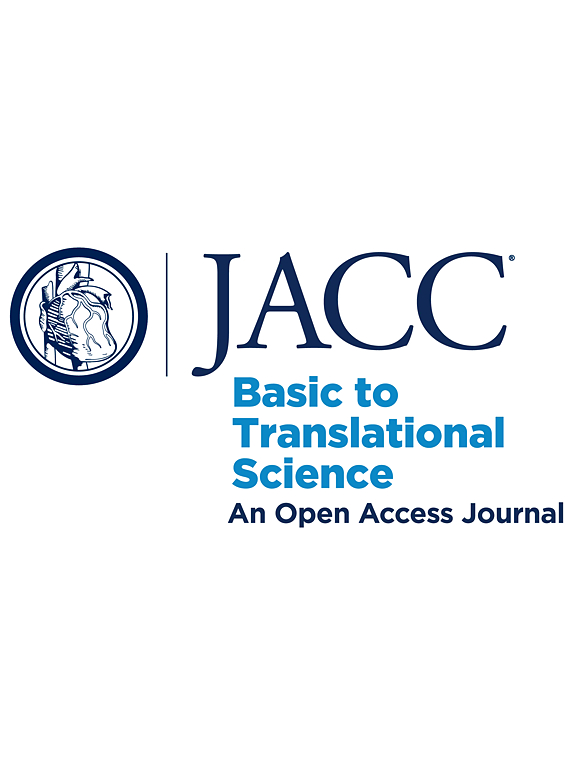Ketone Bodies in Cardiovascular Disease
IF 8.4
1区 医学
Q1 CARDIAC & CARDIOVASCULAR SYSTEMS
引用次数: 0
Abstract
Evidence for the potential of ketone bodies (KBs) in the treatment of cardiovascular disease is growing rapidly. In addition to serving as sources of myocardial fuel, KBs exert an array of pleiotropic activities via multiple mechanisms. The vasculature is emerging as a key target of KBs. Recent small clinical studies have shown that the administration of exogenous KBs to patients with heart failure is associated with a marked reduction in systemic vascular resistance and improvement in myocardial function. Exogenous KBs have also been shown to increase coronary blood flow; decrease pulmonary vascular resistance; promote endothelial function and angiogenesis; increase skeletal muscle oxygenation and capillarization; and inhibit atherosclerosis, vascular calcification, and senescence. These vasculo-protective properties likely contribute to the beneficial effects of exogenous KBs observed in heart failure, pulmonary hypertension, and myocardial ischemia/infarction, and suggest potential wide applications in several other cardiovascular diseases and related conditions. In this review, we will discuss the salutary vascular effects of KBs and their cardioprotective roles.
心血管疾病中的酮体
酮体(KBs)在治疗心血管疾病方面的潜力的证据正在迅速增加。除了作为心肌燃料来源外,KBs还通过多种机制发挥一系列多效性活动。脉管系统正成为KBs的一个关键靶点。最近的小型临床研究表明,外源性KBs对心力衰竭患者的管理与全身血管阻力的显著降低和心肌功能的改善有关。外源性KBs也被证明可以增加冠状动脉血流量;降低肺血管阻力;促进内皮功能和血管生成;增加骨骼肌氧合和毛细血管;并抑制动脉粥样硬化、血管钙化和衰老。这些血管保护特性可能有助于在心力衰竭、肺动脉高压和心肌缺血/梗死中观察到外源性KBs的有益作用,并表明在其他几种心血管疾病和相关疾病中有潜在的广泛应用。在这篇综述中,我们将讨论KBs的有益血管作用及其心脏保护作用。
本文章由计算机程序翻译,如有差异,请以英文原文为准。
求助全文
约1分钟内获得全文
求助全文
来源期刊

JACC: Basic to Translational Science
CARDIAC & CARDIOVASCULAR SYSTEMS-
CiteScore
14.20
自引率
1.00%
发文量
161
审稿时长
16 weeks
期刊介绍:
JACC: Basic to Translational Science is an open access journal that is part of the renowned Journal of the American College of Cardiology (JACC). It focuses on advancing the field of Translational Cardiovascular Medicine and aims to accelerate the translation of new scientific discoveries into therapies that improve outcomes for patients with or at risk for Cardiovascular Disease. The journal covers thematic areas such as pre-clinical research, clinical trials, personalized medicine, novel drugs, devices, and biologics, proteomics, genomics, and metabolomics, as well as early phase clinical trial methodology.
 求助内容:
求助内容: 应助结果提醒方式:
应助结果提醒方式:


